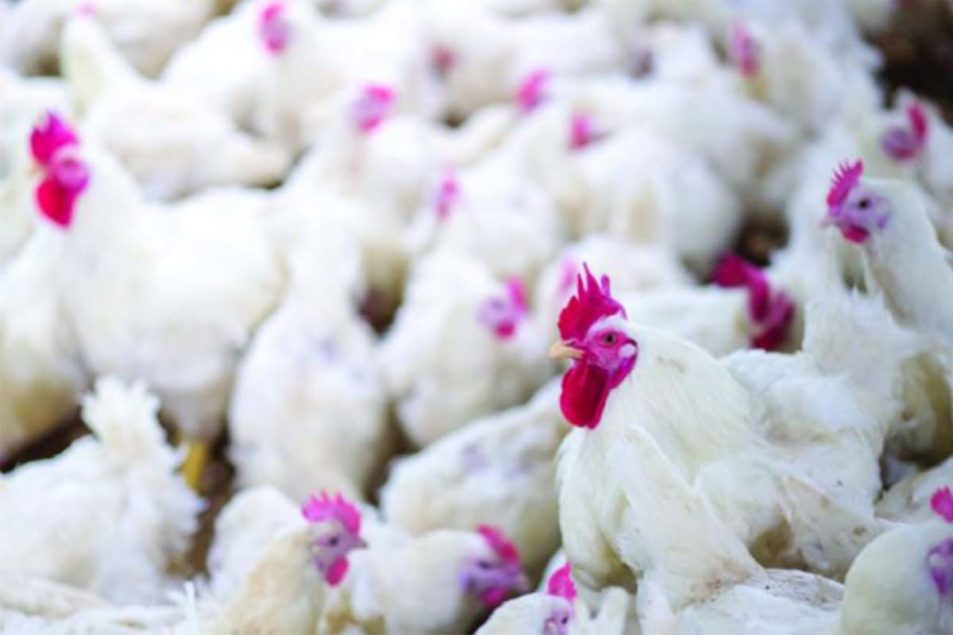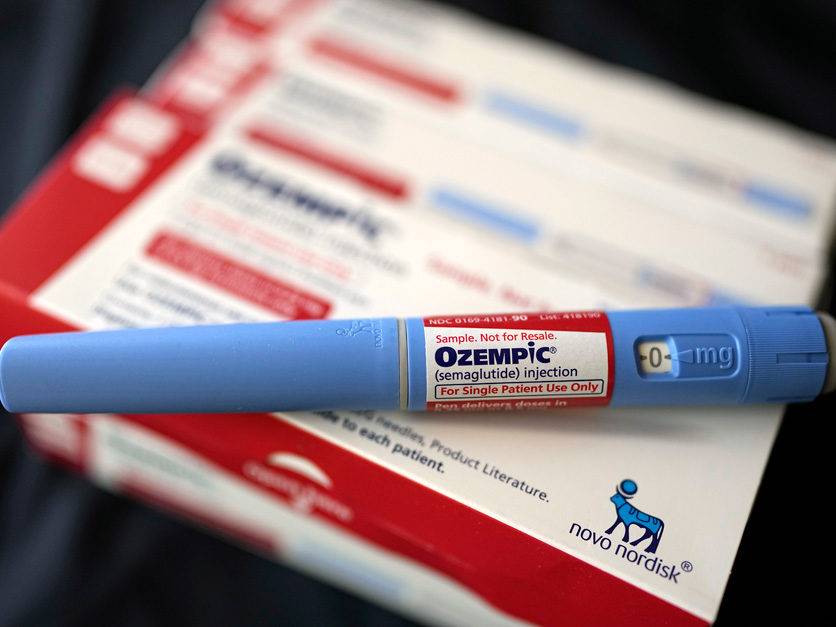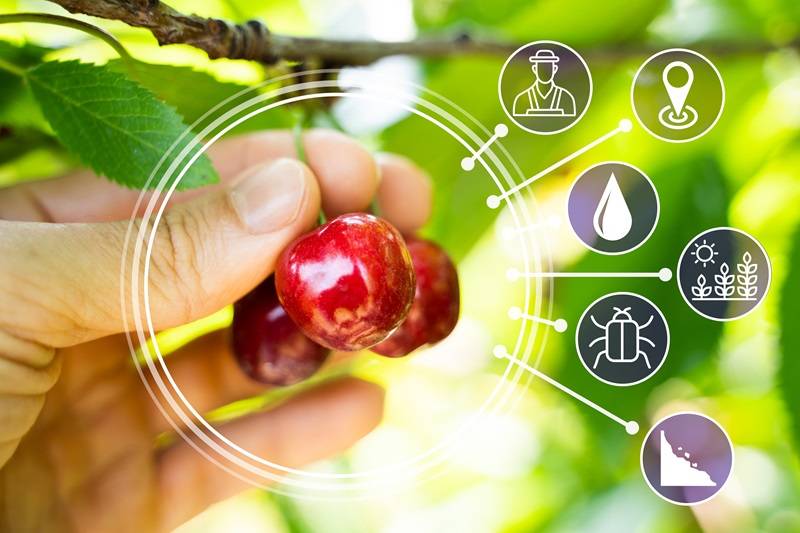Recent reports of highly pathogenic avian influenza (HPAI) outbreaks in poultry flocks have surfaced in Alabama and Michigan, raising concerns within the industry. The Alabama Department of Agriculture & Industries (ADAI) and the Animal and Plant Health Inspection Service (APHIS) have confirmed the presence of HPAI on a commercial broiler farm in Cullman County and in a backyard flock in Pickens County.
Samples from these affected flocks were tested and verified at the Alabama State Diagnostic Laboratory in Auburn, Ala., which is part of the National Animal Health Laboratory Network. In response to these findings, Rick Pate, commissioner for ADAI, and Tony Frazier, DVM, the state veterinarian, have released a statement outlining prevention plans. They emphasize the importance of maintaining vigilance and closely monitoring the health of poultry in both commercial and backyard operations. Strict biosecurity measures, such as keeping birds enclosed and preventing contact with wild birds or other domestic flocks, are crucial in preventing the spread of HPAI.
As part of the containment efforts, all poultry within a 6.2-mile radius of the commercial site in Cullman will be subjected to testing and monitoring to prevent further spread of the disease. Meanwhile, in Michigan, the Department of Agriculture and Rural Development (MDARD) has confirmed the detection of HPAI at a commercial poultry facility in Ottawa County. This marks the first instance of the disease in a Michigan poultry flock since May 2024 and the second case in a commercial poultry facility since 2022.
Nora Wineland, DVM, the state veterinarian for Michigan, highlighted the risks associated with the cold weather and the presence of HPAI in wild bird populations, creating favorable conditions for the virus to thrive and spread. She stressed the importance of preventing disease introduction by implementing measures such as keeping domestic animals away from wild birds and maintaining proper cleaning and disinfection protocols for equipment.
These recent outbreaks serve as a stark reminder of the ongoing threat posed by HPAI to the poultry industry. The rapid detection and response to such incidents are crucial in minimizing the impact on poultry populations and ensuring the safety of the food supply. Continued cooperation between government agencies, industry stakeholders, and veterinary professionals is essential in effectively managing and containing the spread of HPAI.
Moving forward, it is imperative for poultry producers to remain vigilant and adhere to strict biosecurity protocols to safeguard their flocks from the threat of HPAI. Regular monitoring of bird health, limiting exposure to wild birds, and implementing thorough cleaning and disinfection practices are key strategies in preventing the spread of the disease. By working together and staying proactive, the poultry industry can mitigate the risks posed by HPAI and protect the health and well-being of poultry populations across the country.




